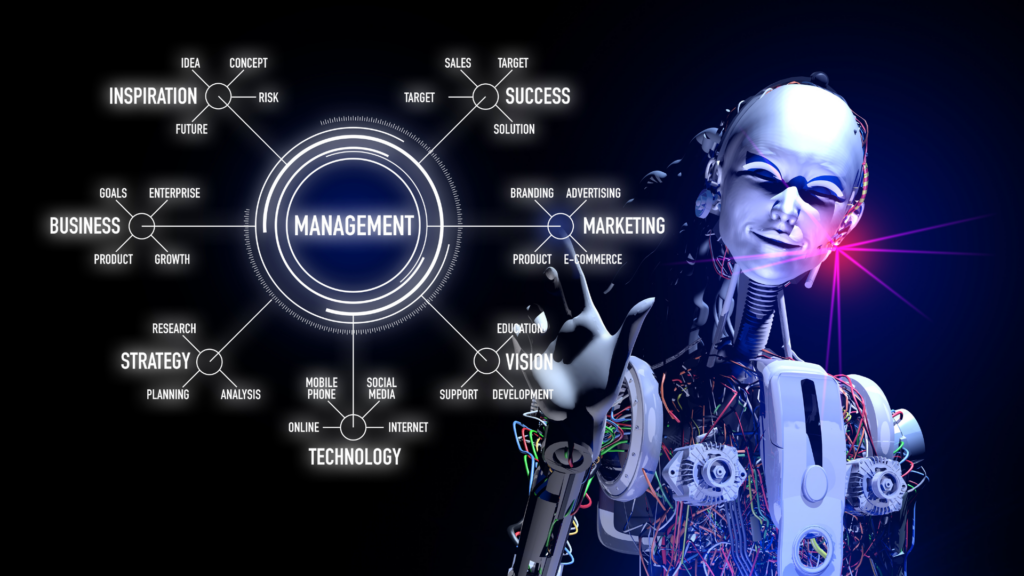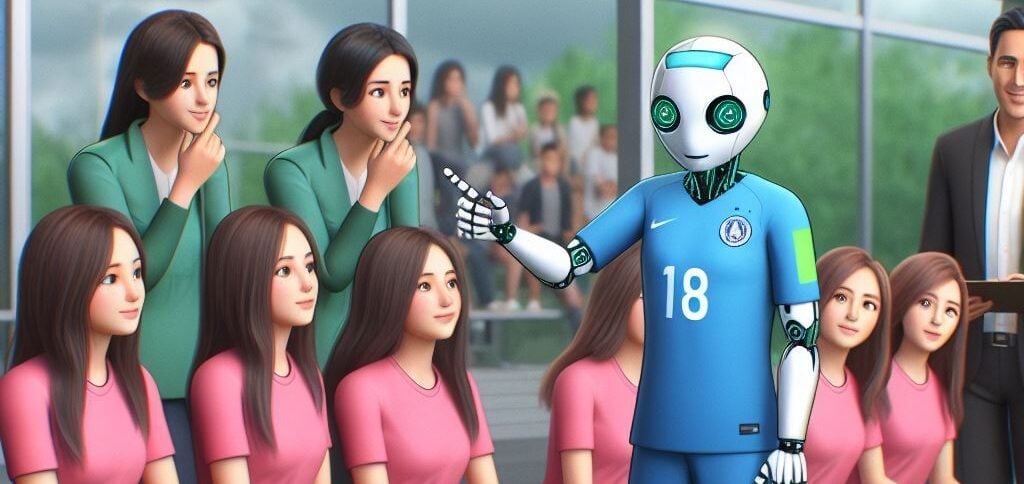Queries formulated with keywords and lists of links to websites seem obsolete given the interactions that millions of users already have with interfaces like ChatGPT da OpenAI, capable of chatting with humans and generating all types of text after a simple request.
ADVERTISING
“People are realizing how much they use Google not to find a web page, but to answer a question,” said Stefan Sigg, chief product officer at Germany-based Software AG.

A Microsoft, long considered the 'big uncle' of big technology companies, courageously embraced the idea of integrating a conversational robot (inspired by ChatGPT) to Bing, its search engine.
The new Bing, launched worldwide after three months of testing, responds directly to a query rather than providing a page full of links for the user to browse and click.
With one command, Bing can create comparative tables between two products, propose a calendar of activities, write an evaluation or help prepare for a job interview, for example.
- "Heavy work" -
ADVERTISING
“Now the search engine does the heavy lifting for you,” said Cathy Edwards, vice president of engineering at Google, during the company's annual I/O developer conference in California last week.
The user no longer needs to “analyze all the information and put things together”, she explained when presenting the new version of Google Search. To keep up with its competitor, Bing, the Google updated its search with AI, which will be tested by users in the United States in the coming weeks, according to the company.
“What we're trying to do is make it more natural and intuitive, as easy as asking a friend who has answers in every area,” said Elizabeth Reid, vice president of Search at Google, to AFP. O Google and Microsoft have also started adding generative artificial intelligence tools to their various services, from cloud to word processing.
ADVERTISING
These conversational robots are presented as “copilotthe”, as the term used by Microsoft. At the conference, the Google announced that Bard, its style interface ChatGPT, will be open to 180 countries.
– Personal “genius” –
“I believe search will be broken down into a million pieces and integrated across all sorts of interfaces, not just in a centralized, monolithic location, which is what Google has become”, pointed out John Battelle, journalist and media entrepreneur.
However, if every website and app interacts with users through an AI chat that speaks like a convincing, human professional, it will be even harder than it is today to distinguish good information from bad, he warned.
“Would you trust a travel agent to find the most advantageous option? No,” Battelle noted. “That's why I want my own 'genius', my personal agent, to negotiate with the site,” he continues.
Applications like Replika and Anima already offer AI “companions”, that is, chatbots that act as virtual friends.
ADVERTISING
But Battelle dreams of having a “genius” who collects your information from everywhere – on your smartphone, computer, television, car – to answer your questions and perform tasks.
This robot, powered by personal data, would buy, for example, the best vacuum cleaner for the user based on their preferences and habits, in addition to current promotions, saving them a long and tedious online search.
- "Fundamental role" -

In the immediate future, the Google It's not going away, said Jim Lecinski, a professor at the Kellogg School of Management.
“Four years ago, with the arrival of voice assistants, such as Google, Alexa (Amazon) and Siri (Apple), we thought people would just talk to machines,” he said.
However, generative AI could challenge the economic model of the internet, allowing users to find the product they want “without having to click on an ad”, Lecinski highlighted.
The expert believes, however, that the companies involved, such as Google and Meta (parent company of Facebook, Instagram and WhatsApp), will find solutions.
ADVERTISING
In the new version of Google Search presented on Wednesday, ads continue to appear depending on the question asked.
“We can’t predict the future, but we believe ads will continue to play a key role,” said Reid, from Google.
See also:




